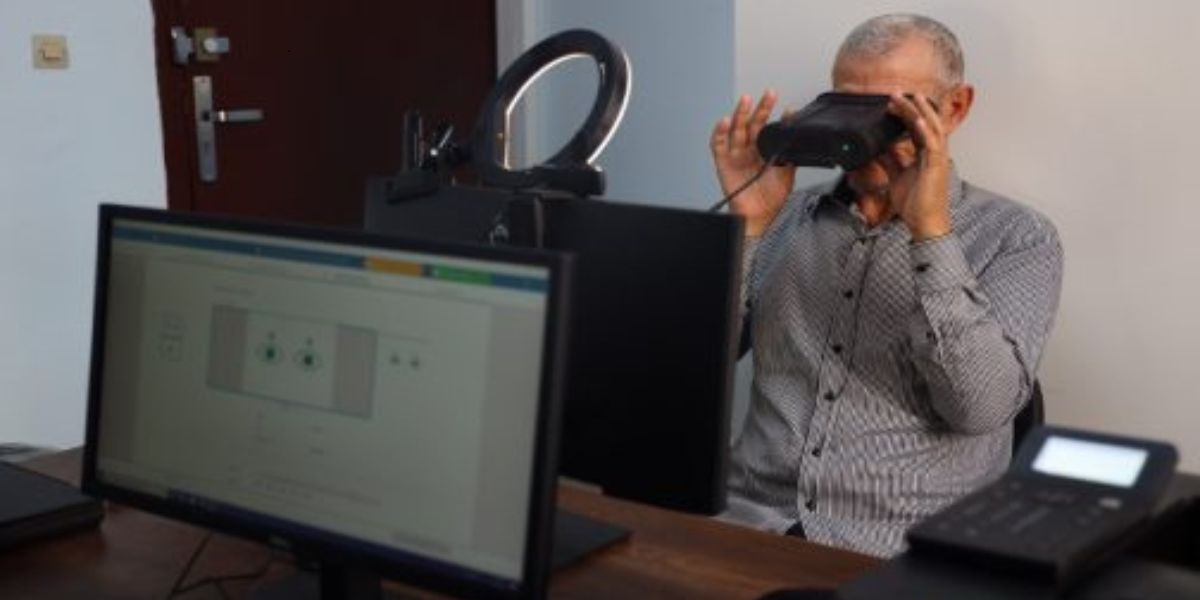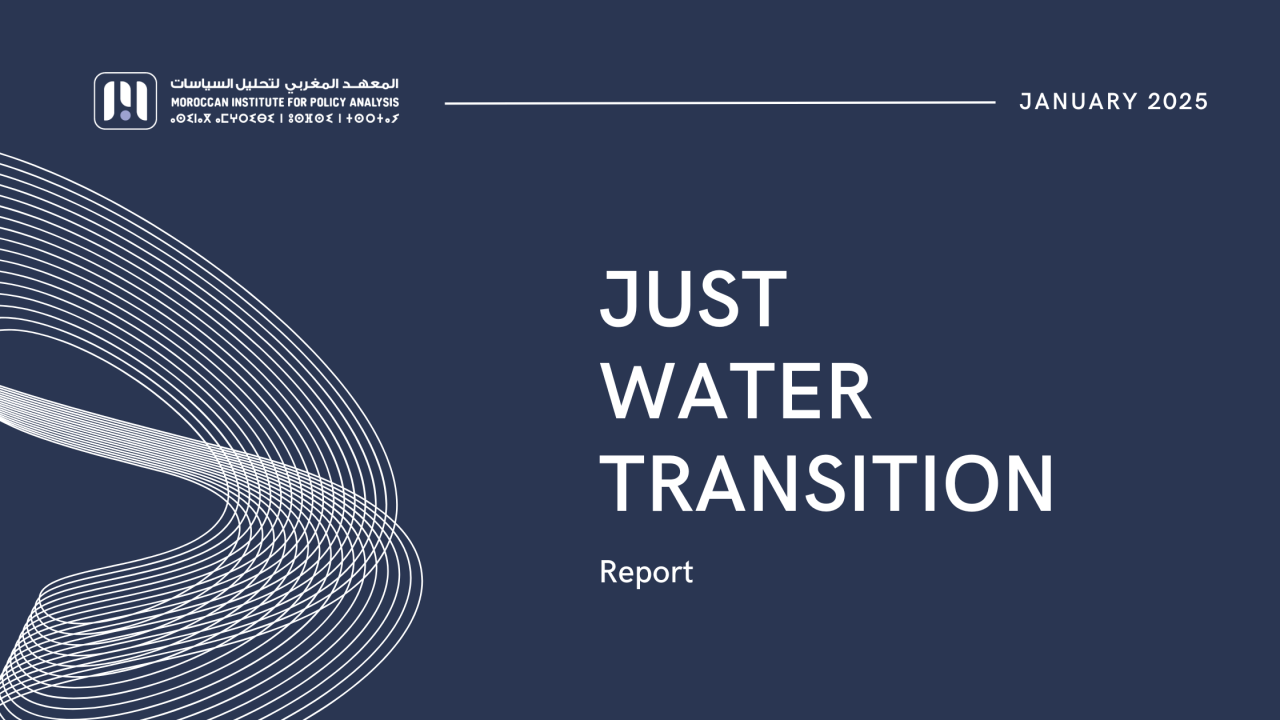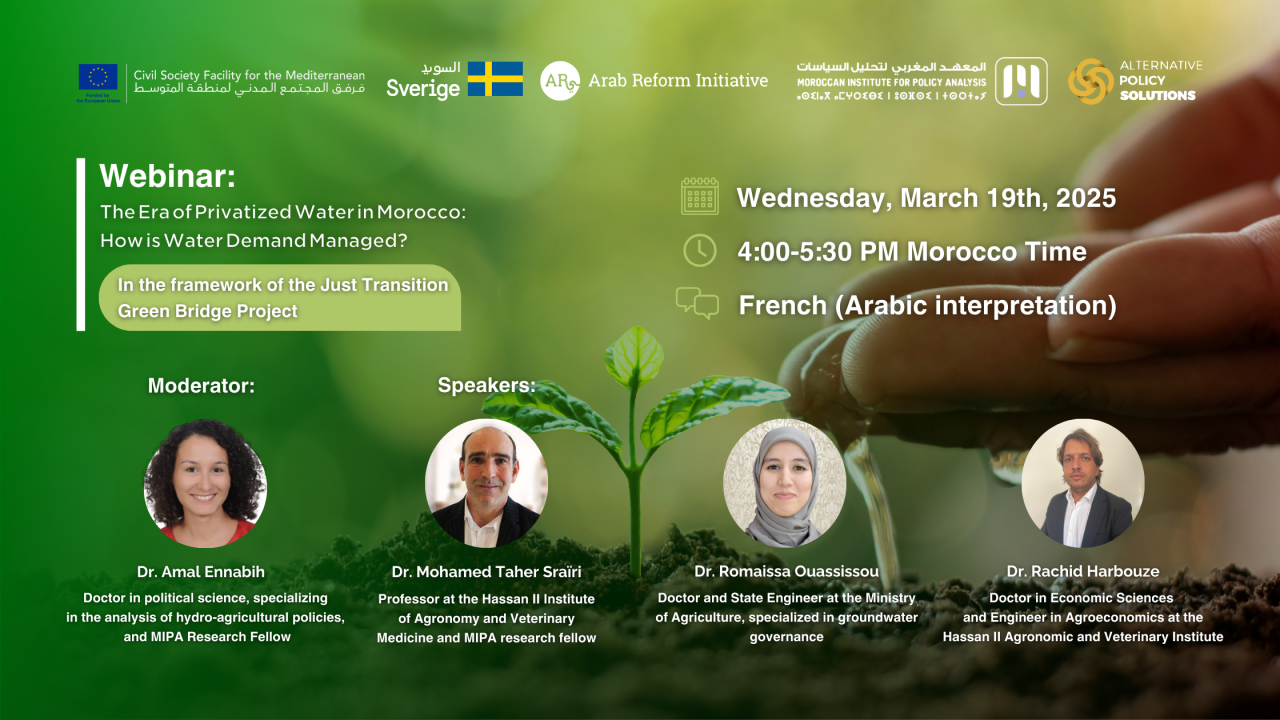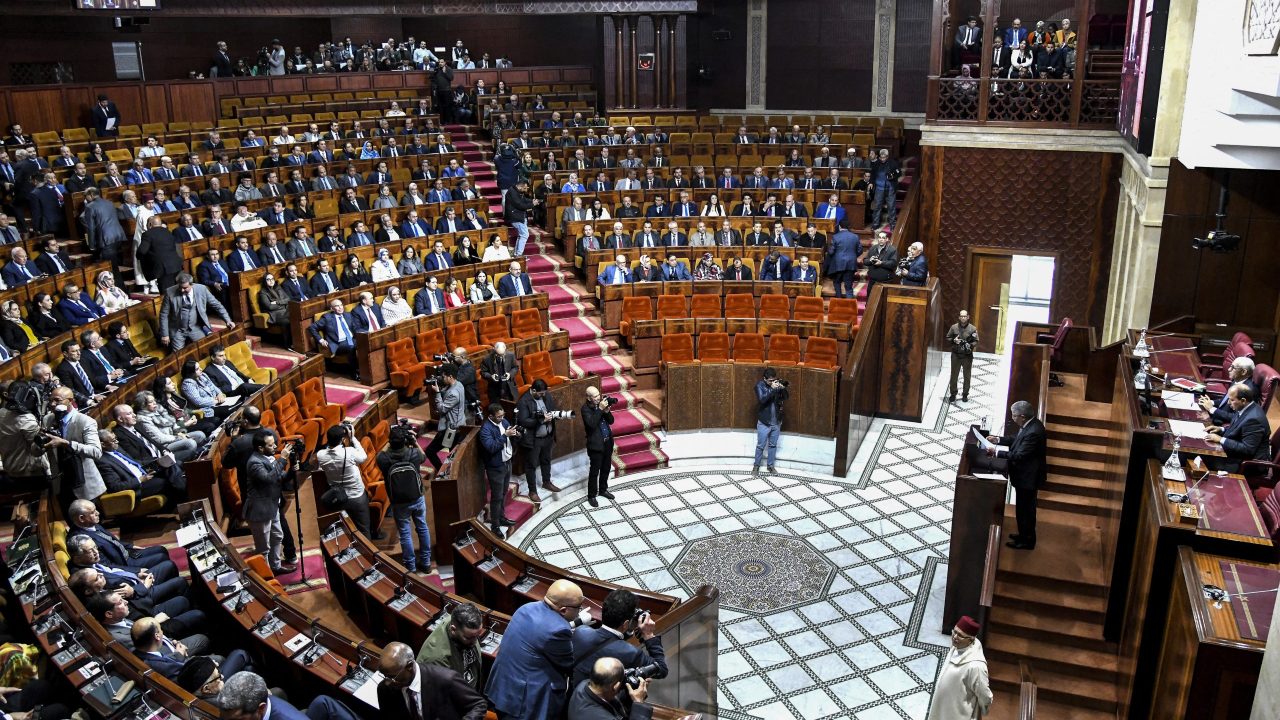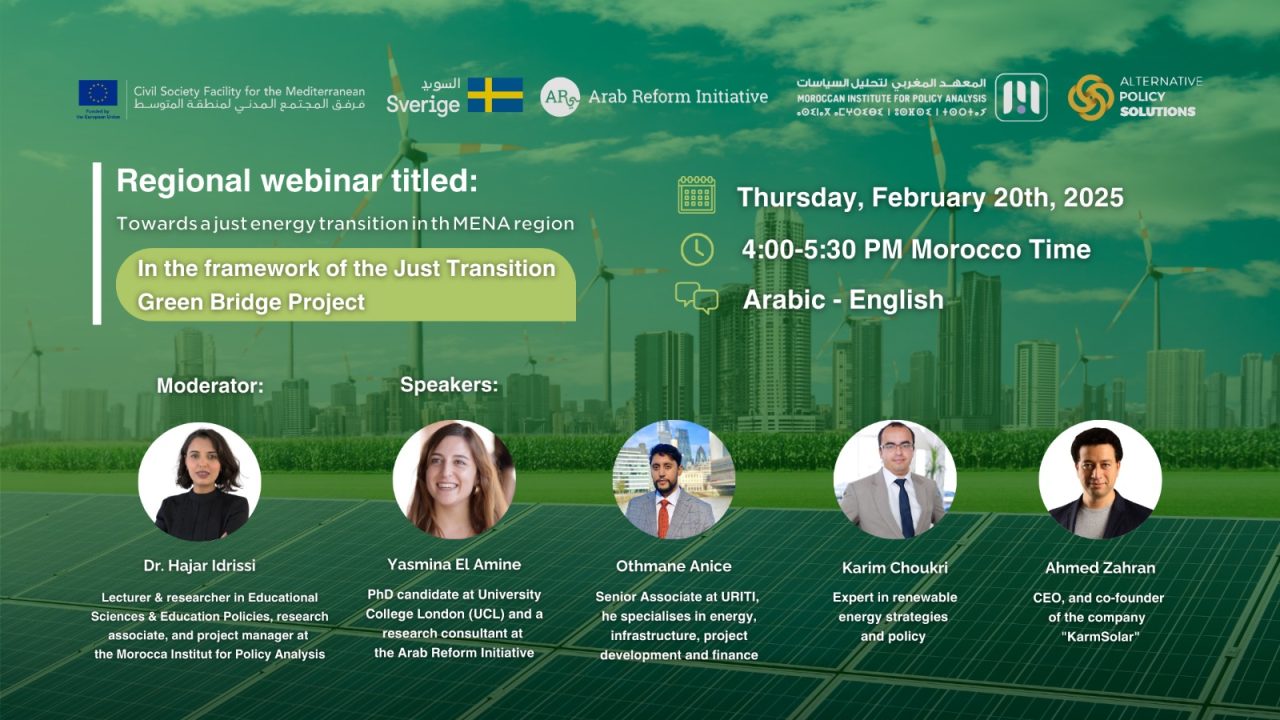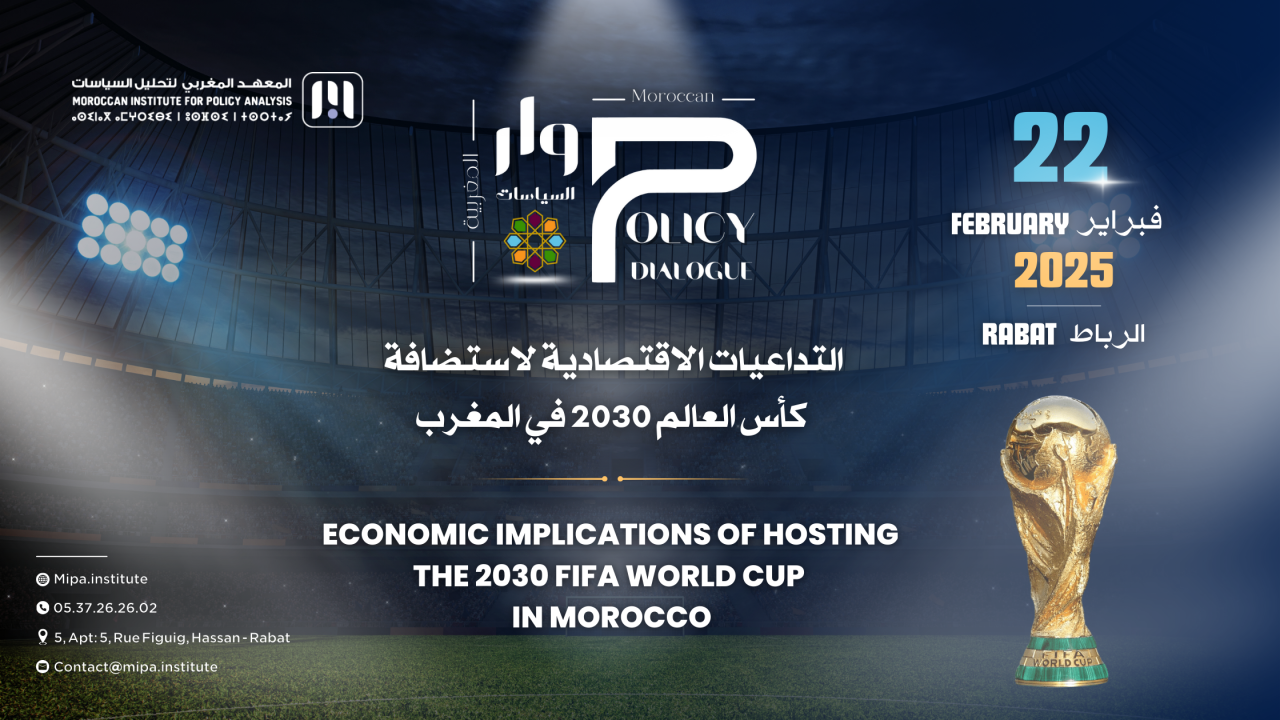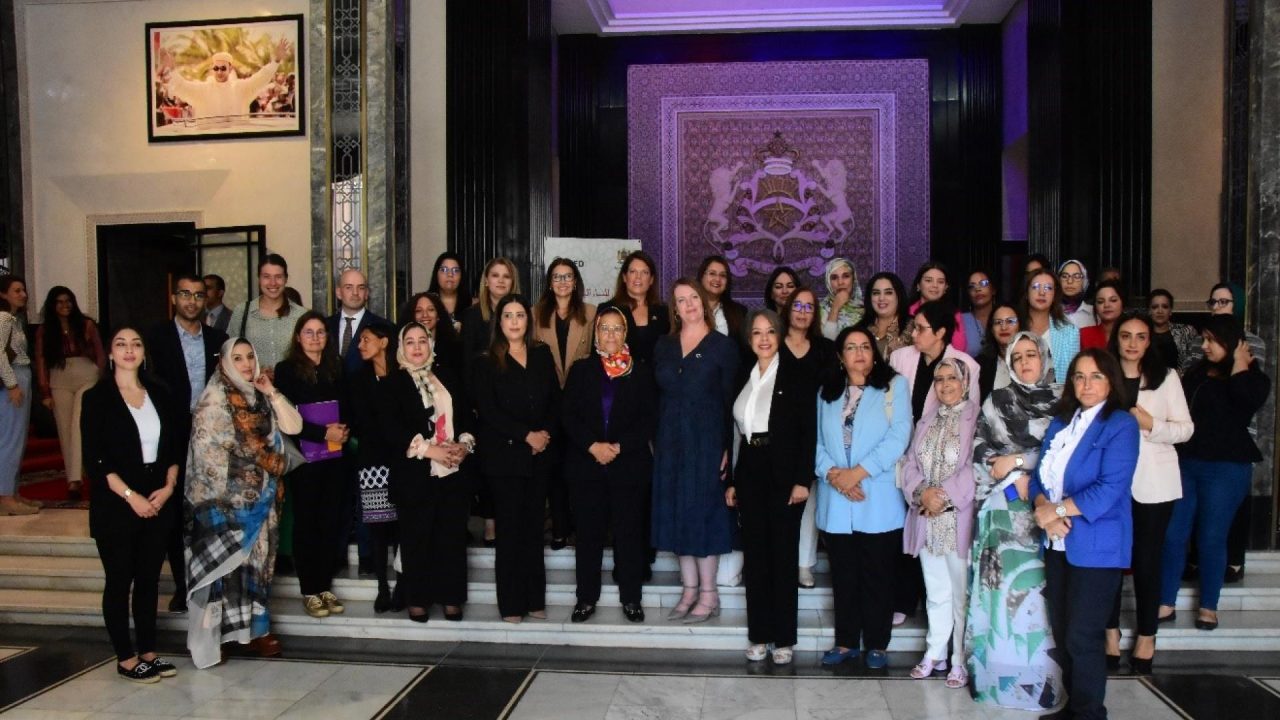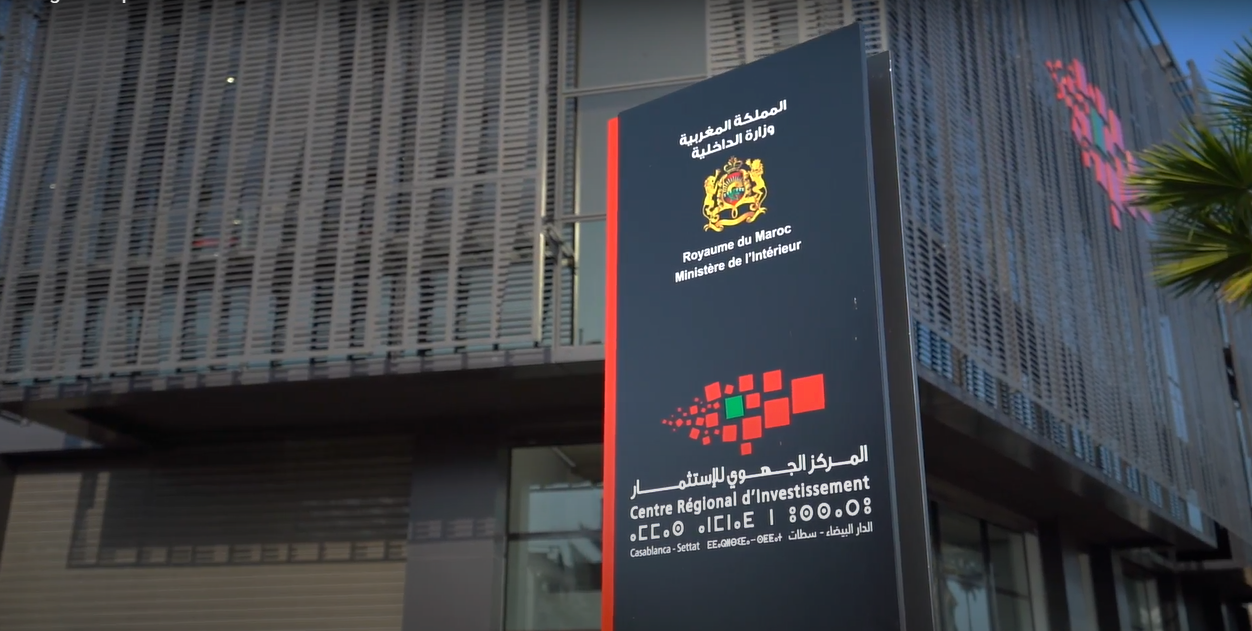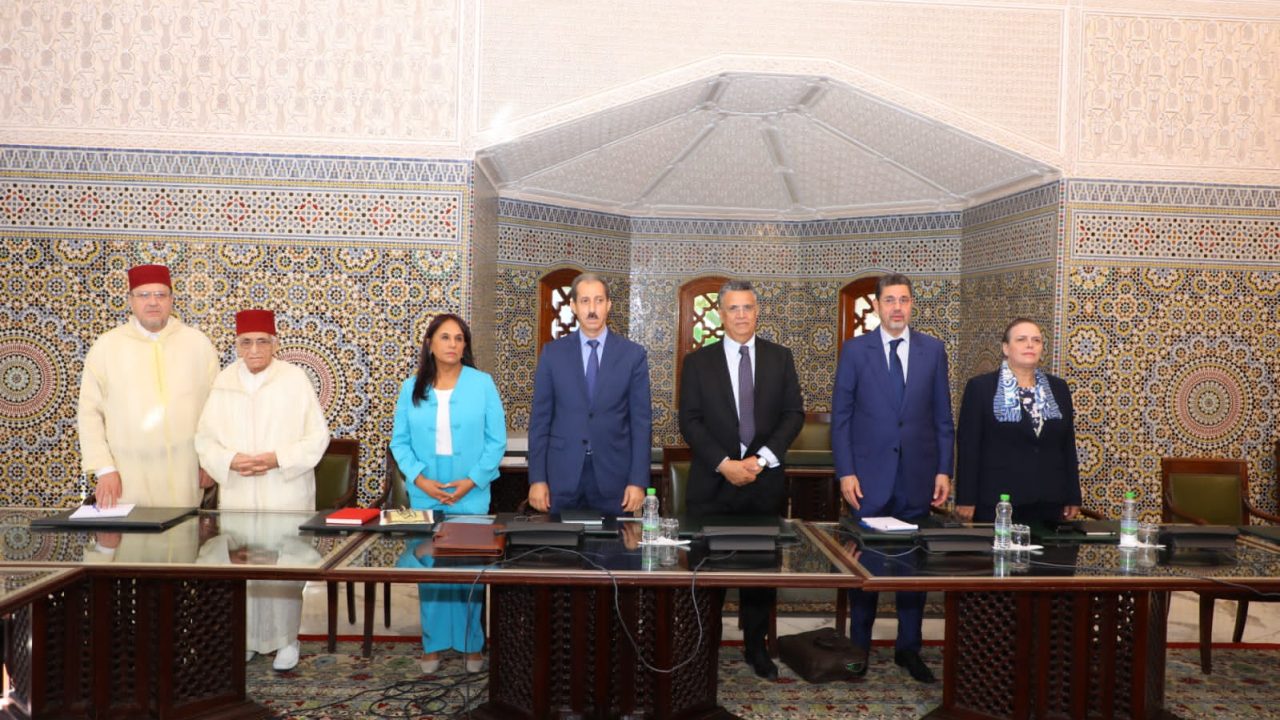Institutional ReformsResearchThe Unified Social Registry: Enhancing Social Program Effectiveness or Paving the Way for a Minimal Welfare State?
The Unified Social Registry has shifted from serving as a tool to ensure the effectiveness of social programs to acting as a subtle mechanism for establishing a minimal welfare state model. This shift is driven by existing legal and methodological constraints, as well as the use of threshold mechanisms that narrow the pool of beneficiaries. Download article Introduction Despite Morocco’s numerous social programs implemented over past periods, their effectiveness remained limited, and...
